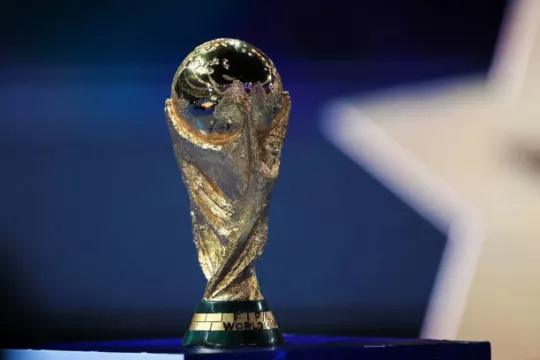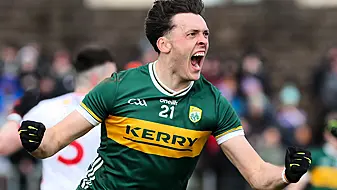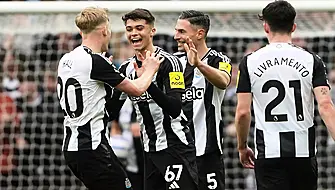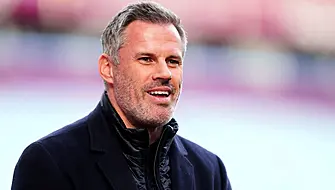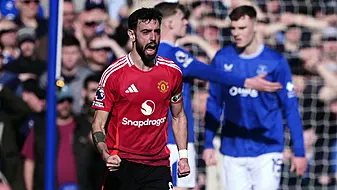Ireland and the UK are set to mount a bid to host the 2030 FIFA World Cup, but plenty of questions have been raised over the proposal following ugly scenes in London on the day of the Euro 2020 final on Sunday.
Hundreds of rowdy fans gathered in Leicester Square and footage of smashed bottles and supporters arguing amongst themselves emerged on social media.
This was followed by ticketless supporters forcing their way past security and into Wembley ahead of England's penalty shoot-out defeat to Italy.
The London Metropolitan Police said there had been 49 arrests connected to the match for a variety of offences and that 19 officers had been injured during confrontations with “volatile” crowds.
Safety fears
The behaviour of these fans inside led to people who had legitimate tickets leaving out of fears for their safety.
Unsurprisingly, this led to questions over whether the Football Association of Ireland (FAI) should pull out of the joint bid with England, Northern Ireland, Scotland, and Wales.
So will it go ahead? In short, the answer appears to be yes, for now at least.
When he was asked about the World Cup bid today, Tánaiste Leo Varadkar said: “I’m 100 per cent behind that bid. I’m really encouraged by it and very keen that Ireland should be part of that.
“I think England’s team is a tribute to their nation. Unfortunately, some of their supporters are not. We saw the violence and the bad behaviour yesterday.”
Asked if the violent scenes would lead to Ireland reconsidering the bid, Mr Varadkar replied: “I don’t think so, no.”
Minority
Mr Varadkar added: “It’s a minority and I don’t think we should ever try to tar a whole nation or a whole set of fans or support, just based on the behaviour of what I believe was a minority.”
British prime minister Boris Johnson also insisted that the bid would be unaffected.
“This is a long and difficult process,” he said. “I am a veteran of the 2010 scenes in Zurich, where we tried to get it last time and which didn’t go very well. But obviously I do think the UK has a very good case, together with Ireland, and we will be making that case.
“I think it was a shame that a small minority tried to spoil it or behave badly. There were particular difficulties in policing and enforcing an event in the context of the testing and the social-distancing rules.
“But irrespective of that, I do think that the UK, working together with Ireland, has a very good case. I wouldn’t want to let my hopes run away with me, because I remember what it was like 10 years ago, but we will certainly give it our best shot.”
